Research areas
Experiments on ultra-cold atoms in extended free fall are ideally suited to study the physics of these quantum gases with long free evolution times and no disturbance from gravitational effects. more...
Quantum sensors based on matterwave interferometry are nowadays used to measure accelerations or rotations with applications in geodesy, geophysics, navigation or fundamental physics. Operating these sensors in microgravity allows for extended free fall times, which could ultimately push their sensitivity by several orders of magnitude. more...
We are working on new techniques to prepare and manipulate atomic ensembles, in particular large momentum beam splitters and delta-kick collimations. This shall ultimately increase the sensitivity of ground- and space-based matterwave interferometry and help to reduce systematic effects in these measurements. more...
Matter-wave interferometers based on cold atoms are commonly used as gravimeters. Operating them based on a BEC chip source allows for a very compact and portable yet very sensitive device. more...
The enhanced sensitivity of quantum sensors allows for a number of tests of fundamental physics, particular in experimental gravitation. Among other things, we are pursuing tests of the weak equivalence principle as well as tests of the gravitational redshift.more...


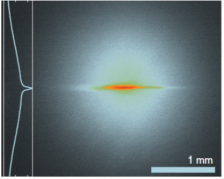
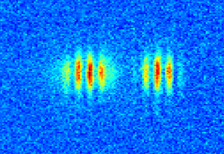
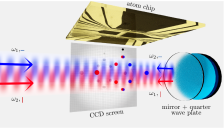
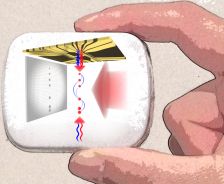
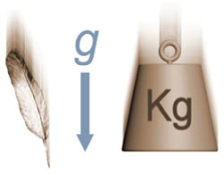
 "
"